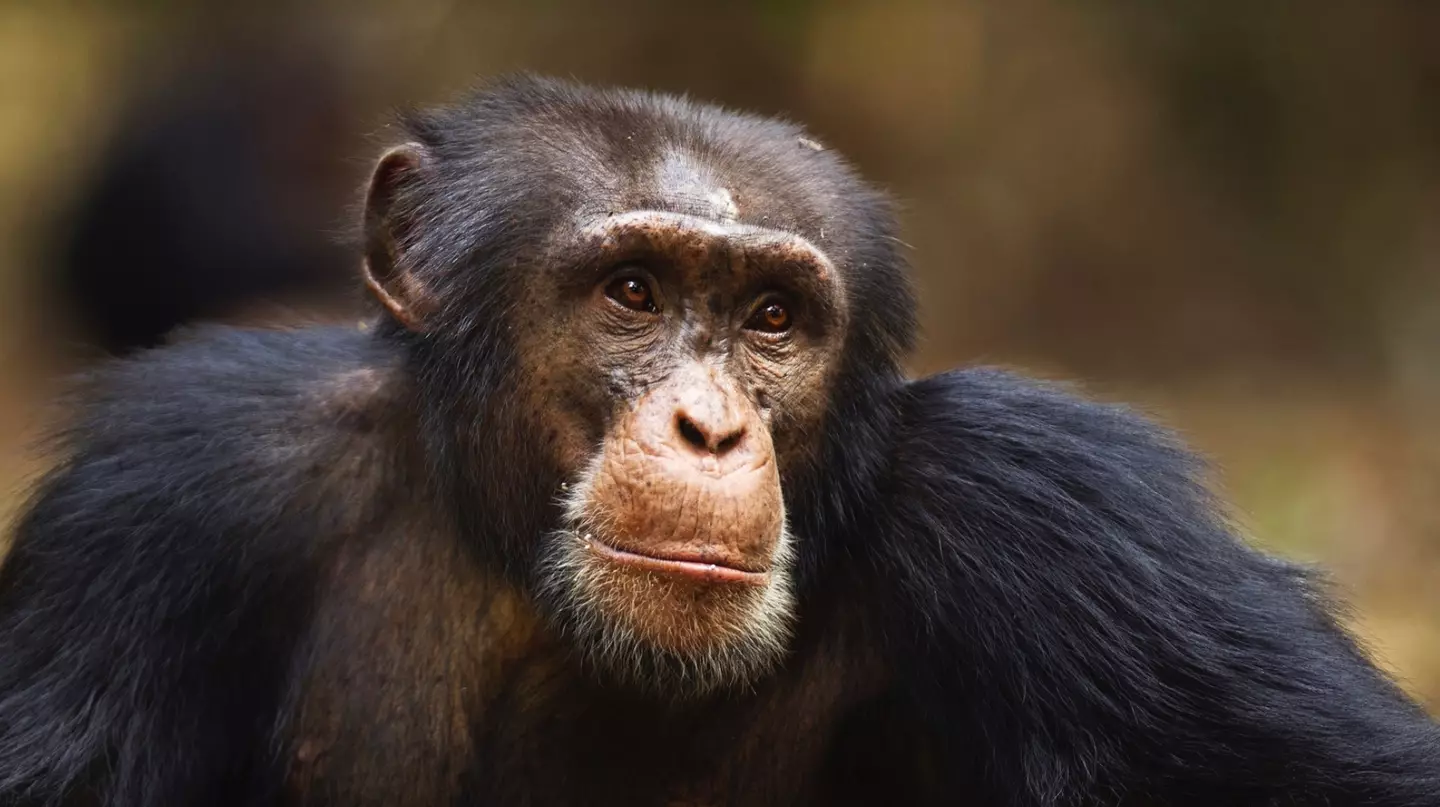In a shocking slice of history, the world’s first ‘humanzee,’ a hybrid between a human and chimpanzee, was reportedly created in a laboratory in the 1920s, only to be euthanized shortly due to ethical concerns. This eerie experiment took place at what was the first primate research center in the United States, located in Orange Park, Florida. “They began to consider the moral and ethical considerations.”

The story, as told by Gordon Gallup, a renowned evolutionary psychologist, suggests that the successful creation of this hybrid, known colloquially as a ‘humanzee,’ led to a swift and panicked ethical shutdown by the scientists involved. According to Gallup, the hybrid was indeed born after a female chimpanzee was inseminated with human semen from an anonymous donor. “They inseminated a female chimpanzee.”

Despite the birth of this human-chimpanzee hybrid, the life of the so-called ‘humanzee’ was cut short as the scientists grappled with the profound ethical implications of their work, resulting in the infant being euthanized shortly after its birth. Gallup, who relayed the details from a former professor at the center, highlighted the moral turmoil that ensued, leading to the swift termination of the experiment.
This extraordinary case throws up all sorts of scientific and ethical questions. For instance, why would researchers pursue such an unsettling experiment? One reason, as contemporary scientists argue, could be the potential for significant advancements in medical research, such as growing human organs within primates for transplants. This area of research is still active today, with recent claims from a Spanish scientist, Juan Carlos Izpisúa Belmonte, who reportedly developed a viable human-monkey hybrid embryo in China, though the project was halted before birth.
The early attempts at creating interspecies hybrids are not just historical footnotes but continue to influence current scientific endeavors. While the ethical landscape has evolved, the fascination with hybridizing humans with our closest animal relatives persists. Gordon Gallup’s revelations remind us of the complex interplay between scientific curiosity and ethical responsibility that defines much of modern scientific endeavor.
In an ongoing quest to understand organ development, scientists are now using monkey embryos to explore how organs grow, pushing the boundaries of what’s possible in laboratory environments. Some researchers have even managed to sustain these embryos outside of the womb for up to 25 days. Although it may sound like a plot from a science fiction novel, these studies are very much a part of today’s scientific landscape, showing just how far and, sometimes controversially, how deep scientific inquiry can go.

